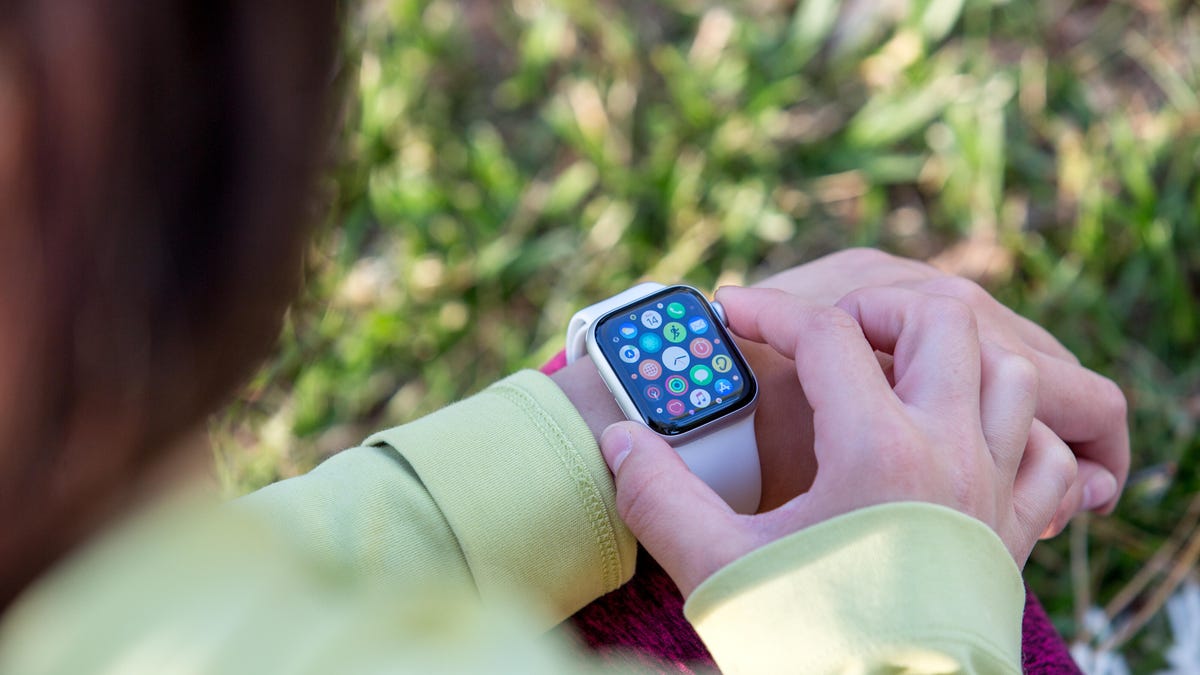Wearable tech market will grow 137% by 2024, analyst says
But smartwatch revenues will drop 10% this year because of COVID-19 shipment delays and decreased consumer spending, according to GlobalData.

The smartwatch market is projected to begin recovering in 2021.
The wearable tech market is projected to grow from nearly $27 billion in 2019 to $64 billion by 2024, according to a Thursday report by GlobalData. That estimated growth can largely be attributed to increased health features and awareness during the COVID-19 pandemic, especially when it comes to aspects like tracking disease contact, predicting symptoms and monitoring patients, GlobalData says.
While revenues for smartwatches, a major segment of wearable tech, will drop by 10% this year thanks to the global recession caused by the pandemic, the market is projected to begin recovering in 2021, according to the report. Smartwatches, unlike wearables with specific medical purposes, may not seem as essential to consumers who are watching their spending, especially since many smartwatch features are already available on phones , the firm notes.
"The pandemic greatly increased the awareness of wearable devices as their use cases increased," Tina Deng, senior medical devices analyst at GlobalData, said in a statement. "This has resulted in an increase in device innovation as more companies race to develop new ways to cash in and help limit the spread of the virus."
Tech companies including Apple and Samsung have been racing to add more health-tracking features to their wearables, including sleep tracking and EKG apps.
"Recent advances are providing value for healthcare with a focus on diagnosis, treatment, monitoring, and prevention," Deng added. "These advantages are felt through the entire healthcare value chain with benefits including personalization, early diagnosis, remote patient monitoring, adherence to medication, information libraries, and better decision-making, while reducing health care costs."

